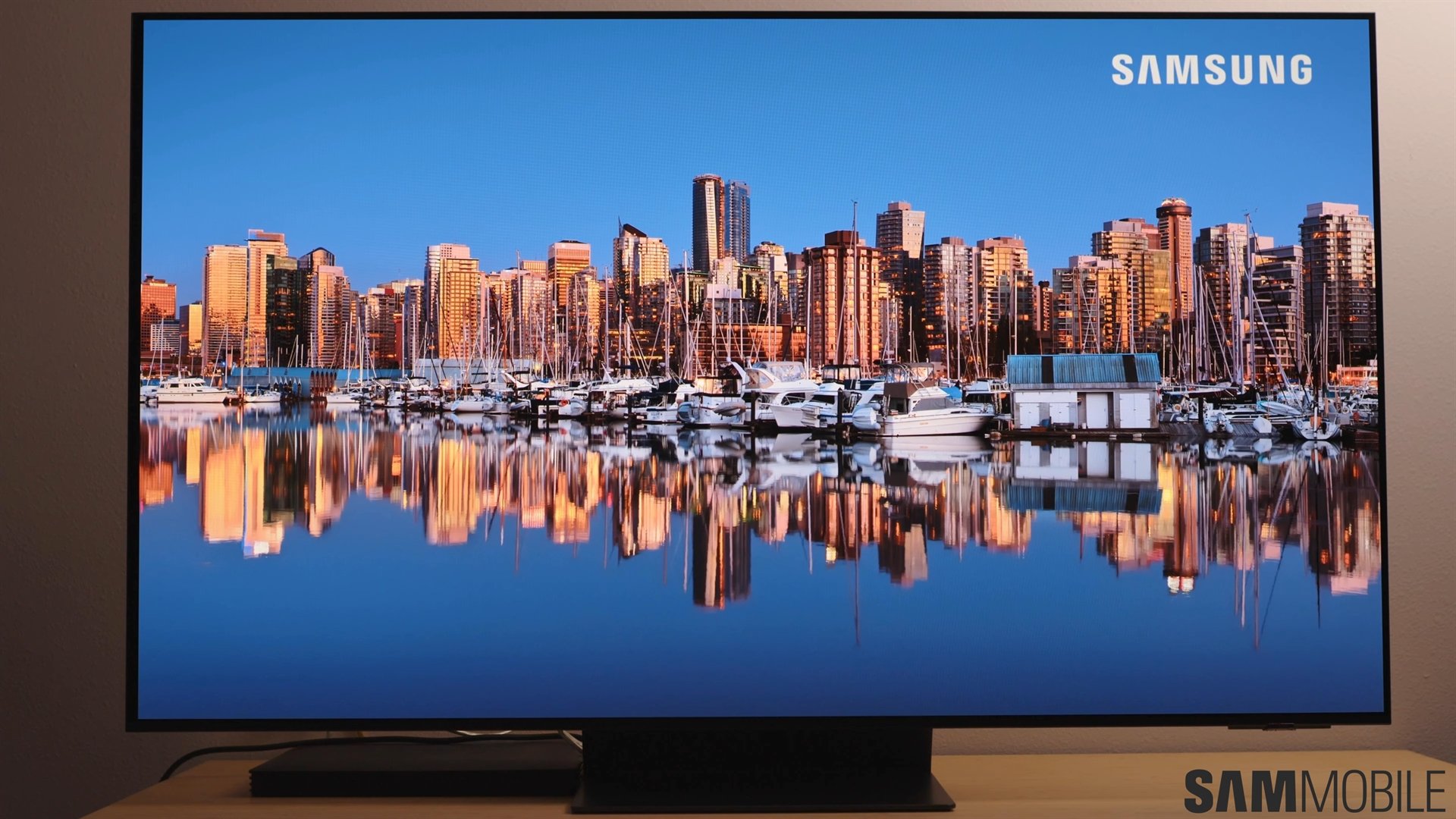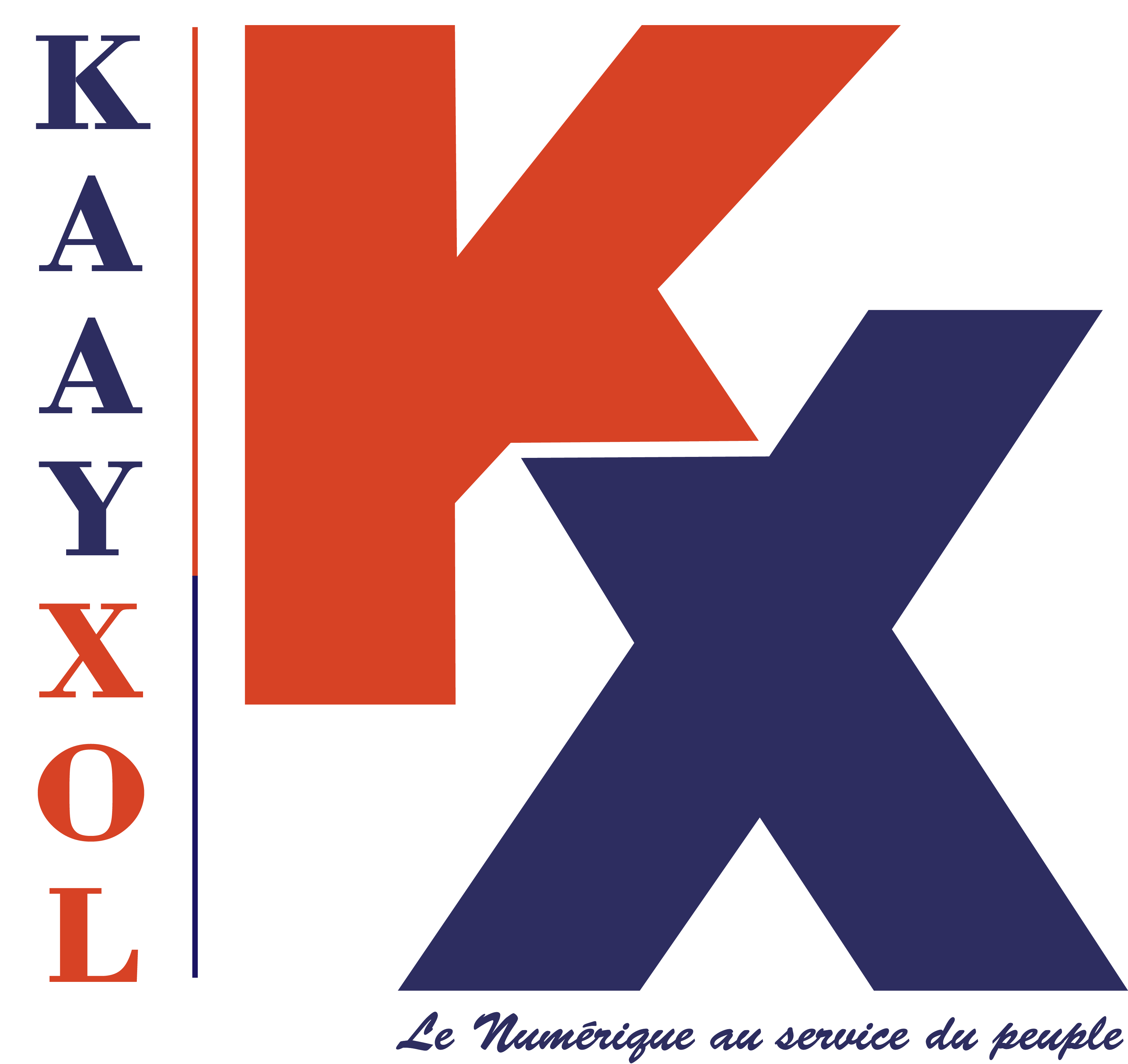Notifications
Posted by - Support KAAYXOL -
on - 5 hours ago -
Filed in - Technology -
-
10 Views - 0 Comments - 0 Likes - 0 Reviews

Q-Symphony must be one of my favorite ideas and technologies Samsung came up with in recent years. I didn't think much of it initially, but now I think it's pure genius. It's the kind of technology that makes you wonder why nobody else thought about it before. Well, now Sony is copying it.
Q-Symphony is an audio technology developed by Samsung that lets you combine the audio coming from your Samsung TV's speakers with the audio from your Samsung soundbar.
Wait, isn't that how it always works for all TV and soundbar combinations, regardless of brands? Far from it.
In most cases, when you use other smart TV and soundbar brands, you have to pick one audio output or the other. You can output the audio to the TV's onboard speakers or your connected soundbar, but not both simultaneously.
This is a limitation that every other TV and soundbar/speaker combination always had. It's not a problem Samsung created, but it is a hardware limitation of all TV multimedia setups.
Samsung, however, came up with a clever solution. Why not develop a new technology that allows users to combine the audio capabilities of their Samsung TV and Samsung soundbar? That way, customers can get a richer sound experience without spending any extra cash on additional speakers.
That is the one thing I love most about Q-Symphony. It achieves an amazing feat by adding value to two product categories — TVs and soundbars — without creating artificial barriers or compromises. It lifts them.
The audio limitation already existed before Q-Symphony came along. Samsung only came up with a solution to an existing problem. It didn't generate value by creating a limitation first and selling a solution later through Q-Symphony.
And yes, Q-Symphony only works with Samsung-branded TVs and soundbars, but I wouldn't call that an arbitrary limitation in this case. Other brands are seemingly free to copy the basic idea, and after years, Sony appears to be doing it.
The other thing I love about Q-Symphony is that it simplifies the decision-making process for customers. That, and the fact that it truly creates a device ecosystem that helps Samsung and customers alike.
There are dozens upon dozens of soundbars out there from a dozen brands. Which one is better? How many reviews should you read or watch before you pick the right soundbar for your Samsung TV? This whole process can be daunting if you're not familiar with the subject matter.
Q-Symphony does away with all of that and simplifies your decision-making process. Why? Because as long as you have a Samsung TV that supports Q-symphony, other soundbar brands are obsolete. And the rule of thumb is, the better your Samsung TV, the better its on-board speakers, and thus, the better the Q-Symphony experience when pairing the TV to a Samsung soundbar.
Even if we assume that a soundbar from a different brand could be technically superior to a similarly-priced Samsung soundbar, Q-Symphony negates that potential advantage as long as the Samsung TV has Q-Symphony and at least a couple of decent speakers.
The Samsung soundbar will sound better when paired with a Samsung TV that has decent Q-Symphony audio. You'll get more speakers for your money, improved Dolby ATMOS, a wider soundstage, better device compatibility, and fewer headaches. It's genius!
The only thing Samsung TV users have to decide is which Q-Symphony soundbar they should buy rather than which brand they should start with. And that's a relatively easy choice, which can be based on the available budget. As long as the soundbar has Q-Symphony, it's all good.
I think Q-Symphony is a perfect example of how to create a product ecosystem by adding value through solutions to existing tech limitations. Samsung caught lightning in a bottle with this one, and I hope the company can learn everything it can from Q-Symphony and apply a similar philosophy across its entire ecosystem.
The post Q-Symphony is one of the most genius Samsung ideas ever appeared first on SamMobile.

